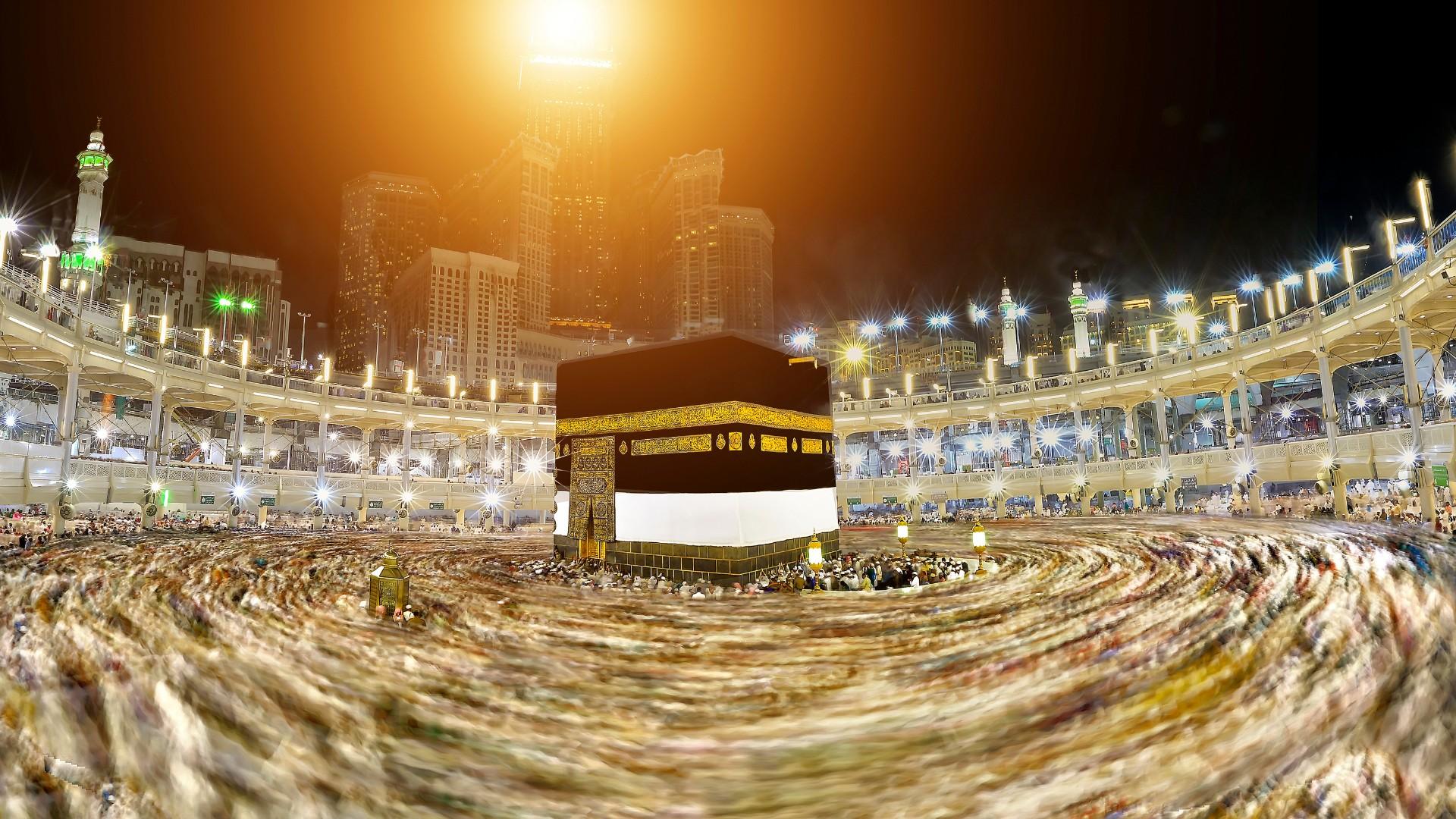Nenhum dado para exibir
Leia mais
The origins of the Ottoman Empire are to be found in a combination of Turkish asabiyah and the Islamic spirit of ghazza (meaning, struggle in the cause of God). Asabiyah, a term used by Ibn Khaldun to denote tribal cohesion, is the force that holds together tribes through bonds of blood, a characteristic found in abundance among peoples of the desert and the nomads of...

Genghiz Khan died in 1227. Upon his death, his vast empire was divided up into five parts: (1) Mongolistan consisting of the Mongol home turf, (2) Chagtai, consisting of Khorasan and Farghana Valley, (3) Persia, ruled by the Il-Khans, (4) Russia and Kazakhstan, ruled by the Golden Hordes and (5) China. The Mongols continued their advance after Genghiz. In 1229, they planned three great...

Islam liberated men and women from the shackles of slavery and made them masters of the world. The history of the Mamlukes illustrates this observation. In the 9th and 10th centuries, there was a brisk slave trade down the Volga River, near the Caspian Sea. The Vikings raided Europe with unrelenting ferocity in search of booty and slaves. Eastern Europe, fossilized as it was between...

Performing Umrah is one of the most spiritually enriching experiences for Muslims around the world. For many, it is a dream come true to visit the holy cities of Makkah and Madinah, seeking closeness to Allah and renewal of their faith. However, many Muslims living in the United States face challenges when it comes to the cost of traveling for Umrah. At Salah Travels, we understand the...




